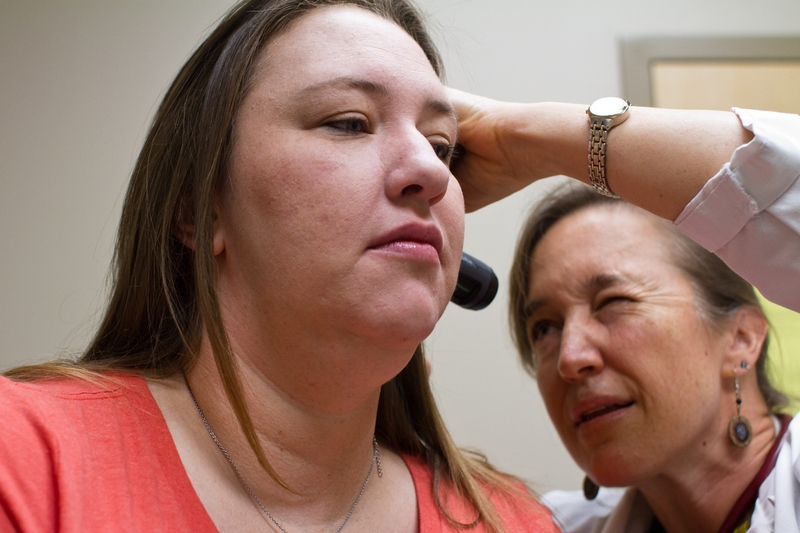
EHF has approved $5.1 million to benefit 35 grant partners that provide comprehensive, community-based primary care for low-income Texans and/or help vulnerable communities access affordable health services.
With these latest grants, EHF’s Board of Directors has approved 48 grants worth more than $11.2 million in 2017.
“We’re dedicated to improving health, not just healthcare in Texas,” said Elena Marks, EHF’s president and CEO. “That means we must make more strategic investments to move the health system toward strengthening the overall health of patients, not just providing more medical services.”
Many of the grants are designed to help comprehensive, community-based primary care clinics expand preventive services. In some cases, awards are helping integrate mental health services into basic care. In rural areas, awards went to help clinics enhance services, including remote telehealth projects.
Other grants are helping clinics go beyond the doctor’s office to address chronic health conditions that develop in close association with poverty, substandard housing and environmental conditions.
“If we don’t address the root causes of poor health, clinic visits alone won’t be able to make a difference,” Marks said. “Overall community health will continue to decline and vulnerable, low-income families will continue to suffer more than anyone else. Our grant investments fund organizations and programs that work ‘upstream’ to focus on new and different ways to provide preventive health services, not just ‘after-the-fact’ medical care.”
Other grants announced are designed to support the enrollment of low-income Texans in health insurance and/other other benefits programs. Many awards also support projects to better help vulnerable patients understand and use health insurance and other benefits.
New grants include:
- $500,000 for a joint learning project between EHF, Dell Medical School at The University of Texas at Austin and the Texas Health and Human Services Commission (HHSC) to develop new models to improve health outcomes while reducing costs for the state’s Medicaid program. Through this grant, EHF is able to provide resources for technical assistance that will help the agency, which is responsible for $40 billion in annual expenses, to enhance value-based care.
- $241,985 to Brazos Valley Community Action Agency, Inc.
in College Station to support a pilot project to coordinate care for high-risk patients at federally qualified health centers in the Brazos Valley. The goal of this intensive case management is designed to help patients battling diabetes, high blood pressure, asthma and other chronic conditions reduce unnecessary visits to hospital emergency rooms and improve their overall health. If successful, the agency anticipates that hospitals and others benefitting from the reduction in unnecessary emergency room visits will finance the program.
- $150,000 to Stephen F. Austin Community Health Network in Brazoria County to expand the use of its telehealth technology to reach more rural patients with both medical and mental health services. This agency’s creative use of telemedicine enables patients in rural areas to receive high-quality specialty care locally.
- $33,250 to the Vecino Health Collaboration Project in Harris County to support an ongoing project to share financial services between four Houston-area federally qualified health centers (Vecino Health Centers, Avenue 360, Spring Branch Community Health Center and El Centro de Corazon). The project’s goal is to more efficiently operate these important health centers and maximize their impact in vulnerable communities. EHF is co-funding this work with Houston Endowment, Simmons Foundation, Rockwell Fund, and Cullen Trust for Healthcare. Efficiency in service delivery through collaborative efforts can improve quality and reduce costs simultaneously.